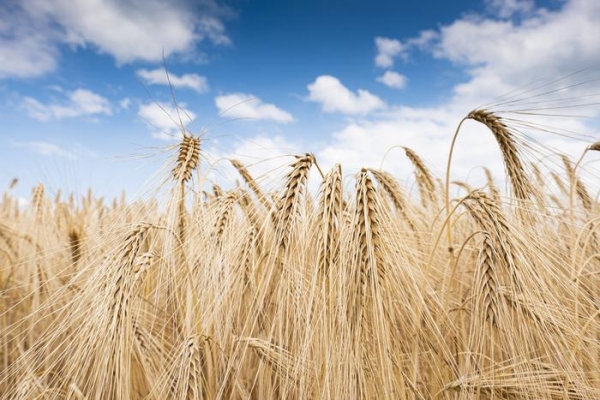The growing global population needs sufficient food.
The growing global population needs sufficient food. Its production causes overfertilization and increased nitrogen concentration in agriculture, which negatively affects the population, climate, and ecosystems. According to models of researchers of Karlsruhe Institute of Technology (KIT), however, today’s crop production might be maintained with a far smaller global fertilizer consumption, if nitrogen fertilizer would be used more homogeneously across global croplands. The results are reported in Communications Earth & Environment (DOI: 10.1038/s43247-023-00970-8).
About 60 percent of worldwide nitrogen fertilizer consumption are presently used for growing crops, such as corn, wheat, or rice. These plants need nitrogen fertilizers to grow and produce bigger harvests. However, large quantities of the fertilizer enter the ground and groundwater or are emitted into the atmosphere in the form of nitrous oxide. This pollutes the environment and contributes to the loss of biological diversity, to climate change, and to the degradation of the ozone layer. This problem is particularly serious in the big cultivation areas of North America, Europe, and East Asia, where comparably large amounts of nitrogen fertilizer are used. KIT researchers recently modeled the effect of a worldwide redistribution of nitrogen fertilizer use. They simulated various fertilizer quantities at different locations and calculated the total production of corn, wheat, and rice between 2015 and 2030 using the biogeochemical model LandscapeDNDC. “Our work was based on the question of how we can produce sufficient food without exceeding environmental boundaries,” says Dr. Andrew Smerald from the Atmospheric Environmental Research Department of KIT’s Institute of Meteorology and Climate Research (IMK-IFU), KIT’s Campus Alpine in Garmisch-Partenkirchen.
Read more at: Karlsruher Institute for Technology
Worldwide grain farming is associated with a high global consumption of nitrogen fertilizer. KIT researchers found that a global redistribution would have a positive impact on the environment. (Photo Credit: Markus Breig, KIT)




